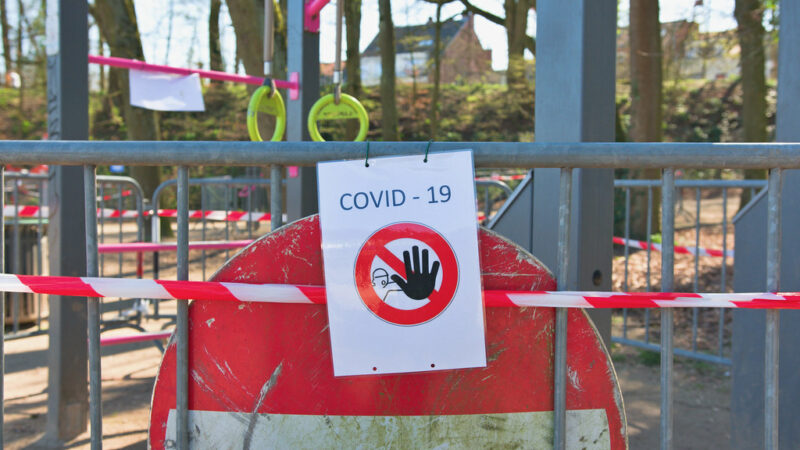While tax-dodgers are handed public funds, councils are being left to sink.

Across the western world, multi-nationals, companies, banks, airlines, hoteliers, and supermarket chains are being bailed-out by huge sums of government and central bank money.
Early estimates suggest UK council budgets could be hit by as much as 20% from the effects of coronavirus and the lockdown. There is talk of cuts. Now is not the time for such defeatist attitude in local government.
Councils are not to blame because business rates, council tax, parking income, events income and so on, have dropped through the floor as a result of Covid-19. Neither is it our sole responsibility to find the means to pay for the increased demand for services as a result of the damage the virus, and the lockdown, will do to public health and the economy.
If Tesco can get a £500m+ business rates holiday – and follow it by paying a £600m+ dividend – then why should councils like Haringey even be thinking of cuts to our support for young people, our libraries, our leisure centres and our care services?
If the crisis has shown anything it is how unprepared Britain today was for it. The Tory government stripped public infrastructure to the bone over 10 years of austerity meaning there was no capacity to respond.
Take Haringey. During the most brutal period for budgets under the coalition, we closed all our care homes and even abolished our meals-on-wheels service.
First, it was scaled back to the point where vulnerable residents received one meal a-week, until finally we cut the service altogether. When Covid struck, government didn’t know where the vulnerable were and neither did we.
Just to have maintained services like meals-on-wheels would have made the country better prepared. We could have scaled up our support more quickly.
Similarly, like almost all authorities, Haringey no longer provide domiciliary care in-house. We rely on a fragmented system of private providers, none of whom were prepared for the organisational challenges of PPE for their, often poorly paid, front-line staff and the surge in demand.
On our budget itself, councils everywhere have become more reliant on ‘income’ as a means of funding vital services.
For 2020/21 in Haringey we projected £32m revenue from parking (13% of our net budget), which could fund almost half children’s services. This income has collapsed during lockdown as our high streets and small businesses are reeling.
When they reopen, how will the restaurants and cafes on Tottenham High road survive without the income from the football matches up the road? How can they continue paying rent with no trade? If they crash out of business – a tragedy – this will leave a hole in our business rates income (that 45% of our net budget relies on) and cause a loss of local employment and ensuing costs.
Then there are all the housing developments that will face an uncertain future. Do people want to live in 30-storey tower blocks near tube stations in London anymore?
The next two years will be a time of huge uncertainty. The total budget from government to councils in Britain has fallen by 50% in real terms since 2010 to around £25bn (includes redistributed business rates). Actual government grants to local government amount to less than £15bn p.a. – one months furlough expense.
Government should now guarantee every local authority will have the same funding as last year at minimum, with interest-free loans or grants to councils struggling with falling council tax revenue (as more people seek benefits and can’t pay), lost business rates (as local businesses go to the wall), other falling income and extra demand.
Councils do not waste much these days. We are going to be on the frontline of the national recovery after lockdown. We need the same levels of support shown to international businesses, hedge funds, and airline owners.
Patrick Berryman is a Haringey councillor and former Cabinet Member for Finance.
Left Foot Forward doesn't have the backing of big business or billionaires. We rely on the kind and generous support of ordinary people like you.
You can support hard-hitting journalism that holds the right to account, provides a forum for debate among progressives, and covers the stories the rest of the media ignore. Donate today.



